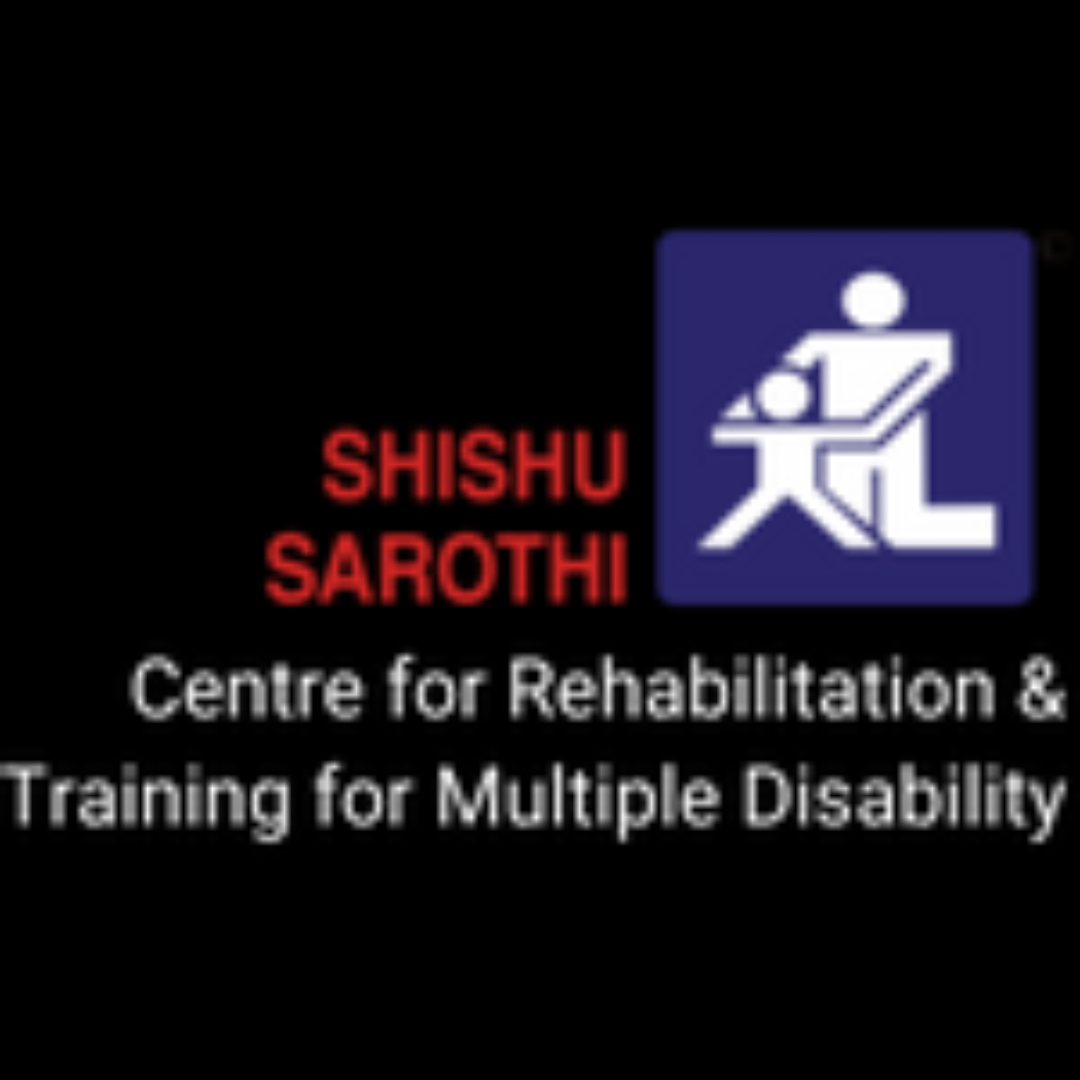Quis autem velum iure reprehe nderit. Lorem ipsum dolor sit nulla or narjusto laoreet onse ctetur adipisci.

Shishu Sarothi
About the organization
Shishu Sarothi is a center for rehabilitation and training for multiple disabilities. It is a non-profit organization working in Northeast India since 1987 towards enabling and empowering children and persons with disabilities through a range of services that ensure their rights to equal opportunities, and full participation in society.
Vision: An inclusive world where all people with disabilities, including children, women, and men, live on equal terms with respect and dignity, enjoy their rights and fundamental freedoms, and are further valued as a part of human diversity and humanity.
Mission: To uphold and advocate for the rights of children and persons with disabilities, ensure equal opportunities, and promote their inclusion and full participation in a non-discriminating barrier-free society.
Location of work
Although based in Guwahati, our services reach children across the state and neighboring states and beyond. The early Intervention services are offered from 6 locations in Assam. this includes two locations in Guwahati, and one each in Dibrugarh, Goalpara, Golaghat, and Sibsagar. The education-related services are offered in Kamrup (M) and Karbi Anglong district.
The training department has trained hundreds of schoolteachers and personnel from across Assam and Northeastern states. Our scholarship program has supported students with disabilities from all 8 states of NE India and beyond to pursue higher education. The Disability Law Unit conducts awareness, advocacy, and legal literacy programs and resource support across NE India. Shishu Sarothi is also a deafblind resource centre for NE India.
Project updates
This project is aimed at promoting inclusion of children with disabilities in schools. It is also geared to improve the quality of education in Sarva Shiksha Abhiyan (SSA) schools. The concerned project is being implemented exclusively in Karbi Anglong, which is a remote but resource-rich hill district plagued by poor infrastructure and underdevelopment. The work is currently directed to 11 SSA Schools in the Lumbajong block. It will gradually expand to include the Chinthong Block of West Karbi Anglong district, which is doubly remote.
The project activities involve working with a team of field workers in local communities around the 11 SSA schools and with the schoolteachers, SMCs, as well as the SSA and other officials to raise awareness about the importance of education. It engages with SSA officials to improve the quality of inclusive education.
Shishu Sarothi will provide resource support through training workshops for schoolteachers on Universal Design of Learning (UDL) strategies. The field staff will regularly visit schools, provide TLM support, and assist in carrying out other activities to nurture self-advocacy among the children.
Learning and challenges
Active engagement with the community, and other stakeholders and following up with school visits and home visits to assist families of children with disabilities is showing positive results in terms of their involvement and inclusion.
Plans for initiating work in the new geography of the Chinthong Block of West Karbi Anglong district are challenged by high staff attrition.
Plan of action
Shishu Sarothi proposes to continue working in these areas, to effect positive change. A parallel program will help to create a compendium of lesson plans for primary school level curriculum based on a UDL approach that the local schoolteachers have drawn up and practiced. Shishu Sarothi hopes to build its capacities further in the area of inclusive early childhood education while practicing and promoting this in convergence with the provisions of the New Education Policy (NEP), 2020.
A strategic plan is being drawn up across all verticals of our work as we are poised to take on the mantle of a ‘regional resource center on disability studies and action’. A detailed plan for our education-related activities is under consideration across two parallel tracks of “sschool readiness and inclusive education” and “holistic special education for students with high support needs.”
A project is underway to roll out the resource center through a process of internal capacity building, and design. Delivery of short and long-term training programs for different stakeholders is also being contemplated. Improving and strengthening operational aspects of our work is an ongoing activity. In the coming year, we propose to devote 5 working days per quarter to capacity building.
As we are working with Primary Schools in the project area, the team (Program Manager and the Field workers) is keen on availing of the capacity-building opportunities offered by WIPRO. These include training on FLN, introduction to libraries, language learning, documentation, child development aid, working towards well-being, strengthening organizations, using Khelghar methodologies, and EdSparks collective. We are hopeful of finding ways to attend workshops on a range of topics and themes that cut across the work of our teams in different programs within the organization.

